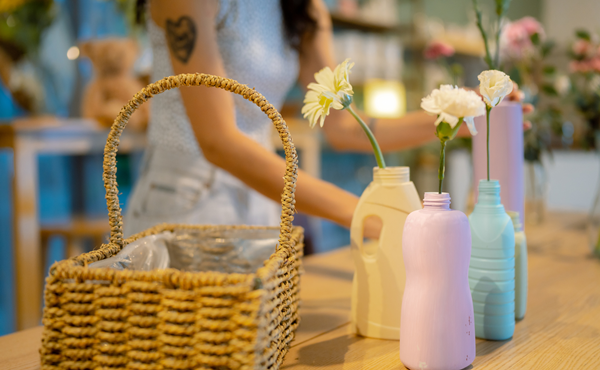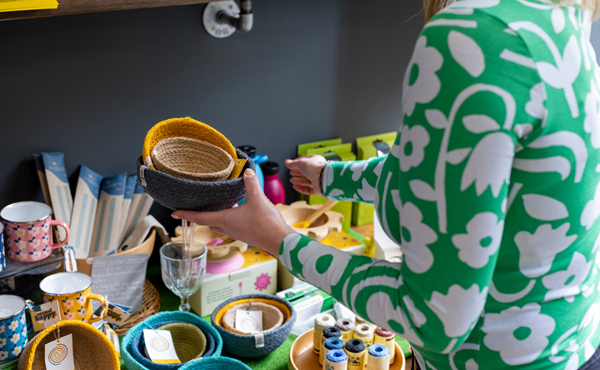Besides the Covid pandemic, sustainability is the biggest disruptor the retail industry has faced as Aussie consumers are increasingly looking for products that are ethically produced and want to know the origin of the goods they purchase.
As a result, retailers are incorporating sustainability and traceability into the way they run their business including reducing waste, using renewable energy sources, recycling and sourcing sustainable materials and products, according to Australian Retailers Association (ARA), Paul Zahra.
“Many products, particularly in food and grocery, will have labels of origin on the packaging so consumers know where the product was sourced and, in some cases, also have data surrounding the impacts of sourcing this material,” he explains.
Research by the ARA, in conjunction with the Queensland University of Technology, found that the majority (69 per cent) of consumers believe that the purpose of a retail company in general is to respond better to social and environmental issues.

However, many still face significant challenges when implementing sustainable and traceable practices in their supply chain including cost (implementing sustainable practices can require significant investment), time (the adoption of sustainable practices is a time-consuming process), specialisation and transparency.
“Ensuring effective traceability relies on improvements in tracing technology, legislation and reporting practices globally to facilitate,” adds Zahra.
So how can retailers mitigate these challenges and find practical and cost-effective solutions for integrating sustainability into their sourcing strategy?
“Consult resources such as the ARA website, which has a set of free tools to help retailers of all sizes on their sustainability journey. Understand what sustainable best practice looks like for a business of your size and how this can be achieved.

“Also, understanding best practice will help identify initial areas of improvement and perhaps the ‘quick wins’ you can achieve, such as changing light bulbs to increase energy efficiency and reduce emissions.”
Consider the use of technology, as there are some great programs available to track your progress and make sure you set clear goals and work closely with suppliers and other stakeholders to achieve these goals.
“There are new levels of opportunity and improvements occurring constantly in the field of sustainability, ensuring constant business evolution. Luckily, retailers are perfectly poised to effect this change as it is one of the sectors most in touch with consumer sentiment and demands.
“The rewards for getting this right are significant with sustainability emerging as a powerful factor in brand innovation, customer loyalty and retention,” he concludes.

The ARA is a partner of the upcoming Global Sourcing Expo, which includes homewares, gifts, apparel, accessories and textiles, and visitors to the expo will have the opportunity to connect with ARA and other experts in sustainable sourcing and production at the Melbourne Convention and Exhibition Centre from 21 to 23 November 2023.







